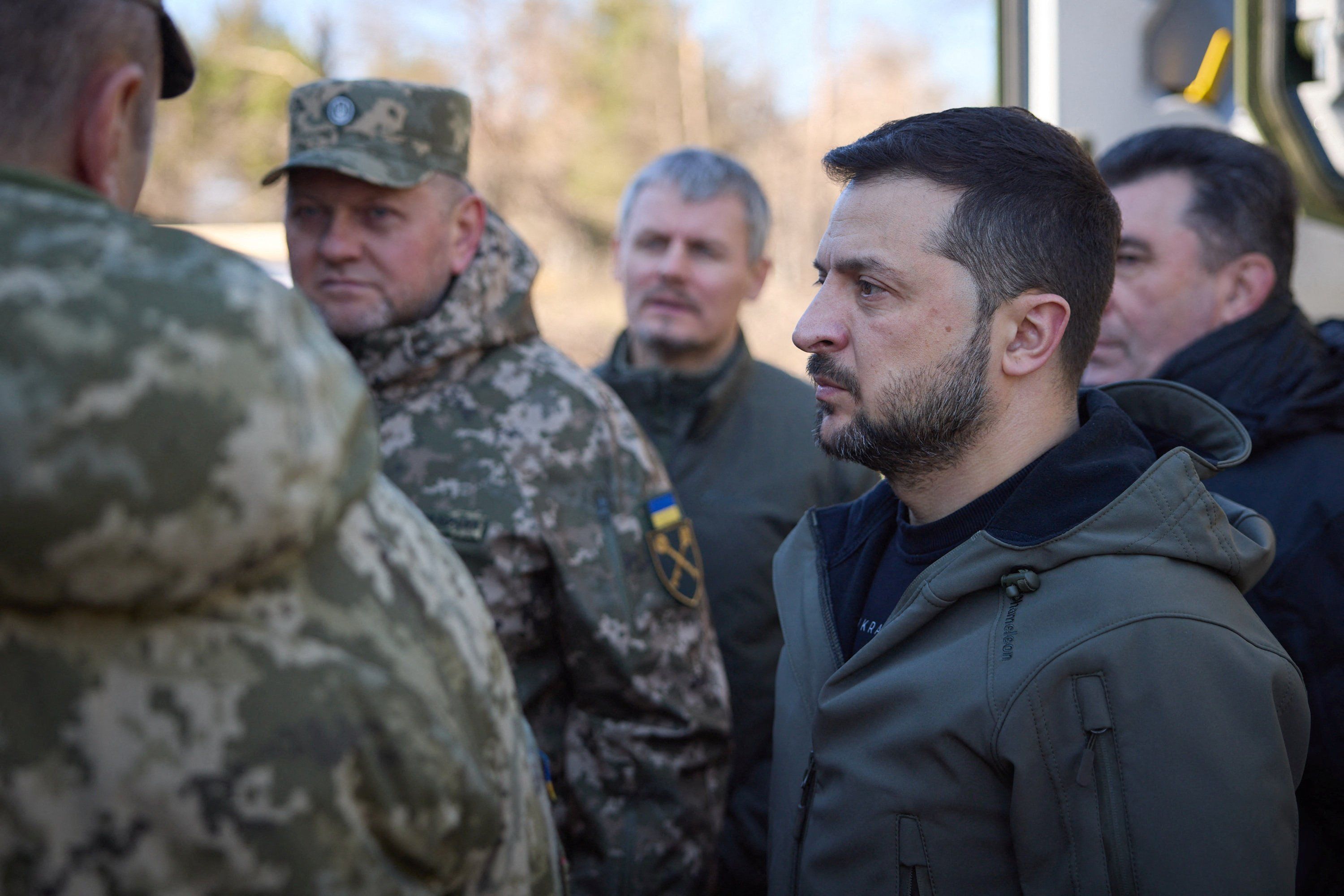Ukraine has elections scheduled for 2024, but President Volodymyr Zelensky doesn’t believe they should take place. “This is a time for defense,” he warned, “a time for battle, upon which the fate of the state and its people depend.” Zelensky also rejected any suggestion that the failure of Kyiv’s five-month-old counteroffensive to score major gains against Russian invaders leaves Ukraine’s war at a stalemate.
With those convictions in mind, it’s easy to see why Zelensky might be upset with recent public comments from his top field commander, General Valery Zaluzhny, who told The Economist that “Just like in the first world war, we have reached the level of technology that puts us into a stalemate.” Success against Russia, Zaluzhny insists, depends on innovations in what is already state-of-art Western weaponry Ukraine has received or is expecting soon.
Zelensky knows that Russia’s President Vladimir Putin has no interest in talks or concessions, and he argues that Ukraine’s American and European backers shouldn’t push him to offer compromises with no hope of Russian reciprocity.
Zelensky may also fear that Zaluzhny could become a powerful political rival. The general’s reputation for modesty and frank talk makes him and the military popular– an October Gallup poll of Ukrainians put confidence in the armed forces
at 95% – and he’s the man leading the war effort day to day. Zelensky, who also still polls above 80%, would prefer that Ukraine speak with one voice — and, of course, that the voice be his.
